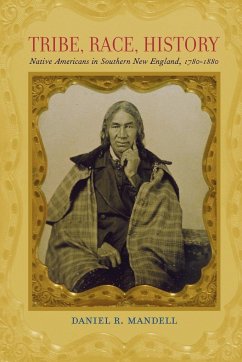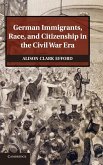Tribe, Race, History examines American Indian communities in southern New England between the Revolution and Reconstruction, when Indians lived in the region's socioeconomic margins, moved between semiautonomous communities and towns, and intermarried extensively with blacks and whites. Drawing from a wealth of primary documentation, Daniel R. Mandell centers his study on ethnic boundaries, particularly how those boundaries were constructed, perceived, and crossed. He analyzes connections and distinctions between Indians and their non-Indian neighbors with regard to labor, landholding, government, and religion; examines how emerging romantic depictions of Indians (living and dead) helped shape a unique New England identity; and looks closely at the causes and results of tribal termination in the region after the Civil War. Shedding new light on regional developments in class, race, and culture, this groundbreaking study is the first to consider all Native Americans throughout southern New England.








